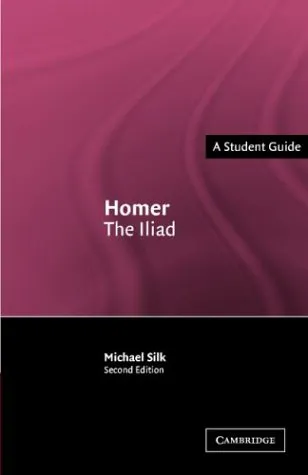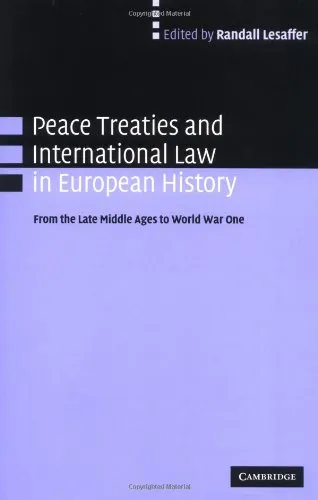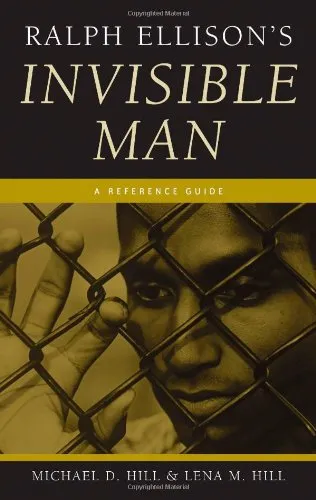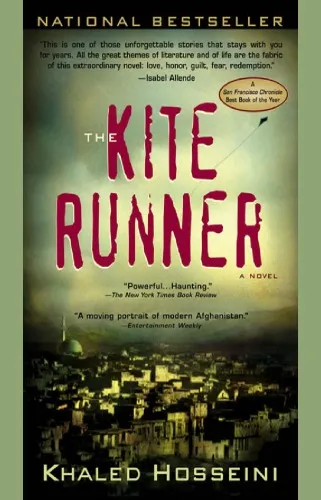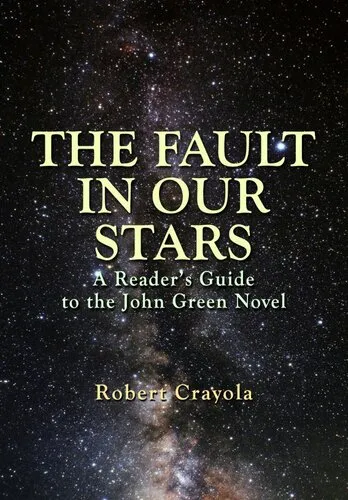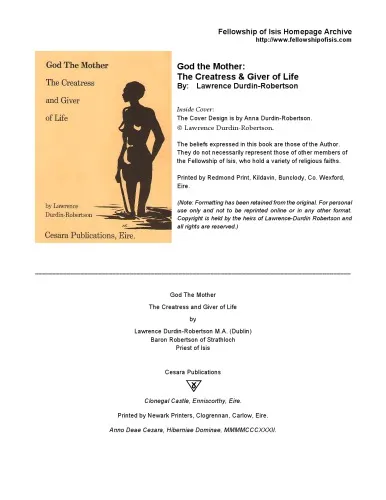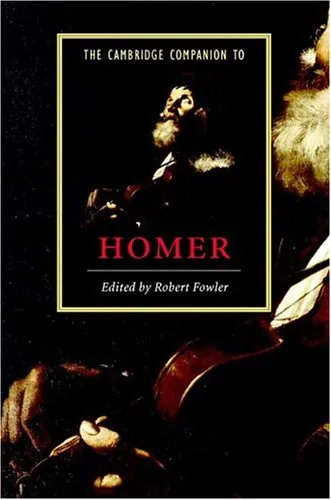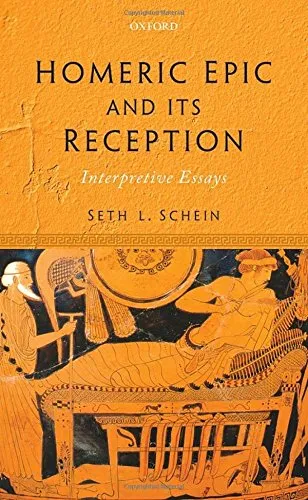Homer: The Iliad
3.9
Reviews from our users

You Can Ask your questions from this book's AI after Login
Each download or ask from book AI costs 2 points. To earn more free points, please visit the Points Guide Page and complete some valuable actions.Related Refrences:
Introduction to 'Homer: The Iliad'
Homer's 'The Iliad' is a timeless epic that has captivated readers for centuries with its tales of heroism, fate, and the wrath of gods intertwined with human affairs. This ancient Greek epic poem remains relevant today, providing valuable insights into the human condition, the nature of conflict, and the pursuit of glory. In this introduction, we delve into the essence of 'The Iliad', exploring its narrative intricacies, enduring themes, unforgettable quotes, and its significance in literature and beyond.
Detailed Summary of the Book
At its core, 'The Iliad' is a narrative of war, specifically the Trojan War, focused on the final weeks of the conflict. It begins with the wrath of Achilles, the Greek’s greatest warrior, whose anger sets the course of the narrative. Agamemnon, the Greek leader, offends Achilles by claiming Briseis, a war prize, which leads to Achilles withdrawing from battle, severely impacting the Greek forces.
As the story unfolds, we witness a series of intense battles, divine interventions, and significant individual combats. Hector, the Trojan prince and a nobler foil to Achilles, emerges as both a formidable opponent and a character imbued with duty and valor, fighting not merely for glory but for the walls of Troy and his loved ones.
The poem’s climax is the duel between Achilles and Hector, emblematic of personal and communal stakes in warfare. The narrative concludes not with the fall of Troy but with Hector’s funeral rites, encapsulating the themes of honor, mortality, and the fleeting nature of human life.
Key Takeaways
Through its epic narrative, 'The Iliad' offers profound lessons:
- The Nature of Anger: Achilles' wrath illustrates both the destructive potential of unchecked emotions and the personal and communal consequences.
- The Role of Fate: The epic foregrounds the tension between human agency and predestined events, presenting characters bound by prophesies and divine will.
- Glory vs. Mortality: The quest for eternal glory drives many characters, contrasting the inevitability of death and the transient nature of human achievements.
Famous Quotes from the Book
Homer’s 'The Iliad' is revered for its poetic eloquence and powerful insights. Some notable quotations include:
"Sing, O goddess, the anger of Achilles son of Peleus, that brought countless ills upon the Achaeans."
"My fate awaits me; sooner or later I will die, but not for this will I cease from fighting."
Why This Book Matters
'The Iliad' is more than a tale of war; it is an exploration of human nature, glory, and the divine. It provides timeless lessons on leadership, honor, and the ethical complexities of conflict. The work has significantly shaped Western literature, influencing countless authors, playwrights, and poets.
As a foundational text of the Western canon, 'The Iliad' continues to be a critical focus for scholars exploring themes of heroism, the human experience, and the literary expression of cultural values in archaic Greece. Its intricate portrayal of characters and their multifaceted relationships resonate universally, providing an invaluable understanding of human motives and emotions.
Studies of 'The Iliad' enable learners to appreciate its unparalleled narrative style, technical composition, and philosophical depth. It underscores the significance of storytelling in preserving cultural narratives and understanding historical contexts, making it a quintessential study for enthusiasts of literature and history alike.
Free Direct Download
You Can Download this book after Login
Accessing books through legal platforms and public libraries not only supports the rights of authors and publishers but also contributes to the sustainability of reading culture. Before downloading, please take a moment to consider these options.
Find this book on other platforms:
WorldCat helps you find books in libraries worldwide.
See ratings, reviews, and discussions on Goodreads.
Find and buy rare or used books on AbeBooks.
1463
بازدید3.9
امتیاز0
نظر98%
رضایتReviews:
3.9
Based on 0 users review
Questions & Answers
Ask questions about this book or help others by answering
No questions yet. Be the first to ask!
